UK's Kwarteng: Price cap will remain this winter amid pressure from energy firms
British business secretary Kwasi Kwarteng says the price cap will remain this winter despite calls by firms for a price hike to prevent more collapses as wholesale gas prices soar.
Wholesale gas prices are currently at £2.50 per therm, while the price cap is holding domestic consumer prices at 65p a therm.
Leaders in the heavy industry have warned that factories might halt production if increasing gas prices are not controlled.
The price of gas in the UK has hit its highest level to date, sending a shudder down the spine of households and businesses.
It surged by 1 pound a unit on Wednesday to reach 400 pence a therm or more than $230 per barrel of oil equivalent. That is up more than a third in a day and now 600 percent higher than the start of 2021, leaving more UK energy firms teetering on the brink.
Meanwhile, energy regulator Ofgem said that a “significant rise” is expected in energy prices this April.
Kwarteng, however, said Sunday the UK will not run out of gas this winter and keeping the energy cap in place was “non-negotiable,” despite energy suppliers criticizing the cap, arguing it will not protect households from an expected increase in costs.
“The safety net we have in place to shield consumers from instant price hikes this Christmas, and ensure everyone gets the supply they need,” Kwarteng told the Sunday Express.
“Because that’s always my first, main concern,” he added. “Protecting consumers and particularly those on lower incomes. Despite some who are pushing me to lift the cap, I am absolutely clear it is here to stay and will remain at the same level throughout winter.”
Paul Richards, the chief executive of Together Energy, said, “The price cap as a mechanism is not fit for industry, nor is it fit for customers.”
Speaking to BBC Radio 4’s Today program, Richards said although the energy cap protected customers in the short-term, there was between £1bn and £3bn in costs due to failed suppliers that would be placed upon businesses and households.
Utilita Energy’s non-executive chairman Derek Lickorish also said, “The cap is not fit for purpose.
“There is no doubt that there is going to be a huge cost paid by customers for failed suppliers... certainly well over £100 million for every 200,000 customers that fail.”
On Friday, industry leaders and Kwarteng held talks but no immediate solutions or commitments were reached.
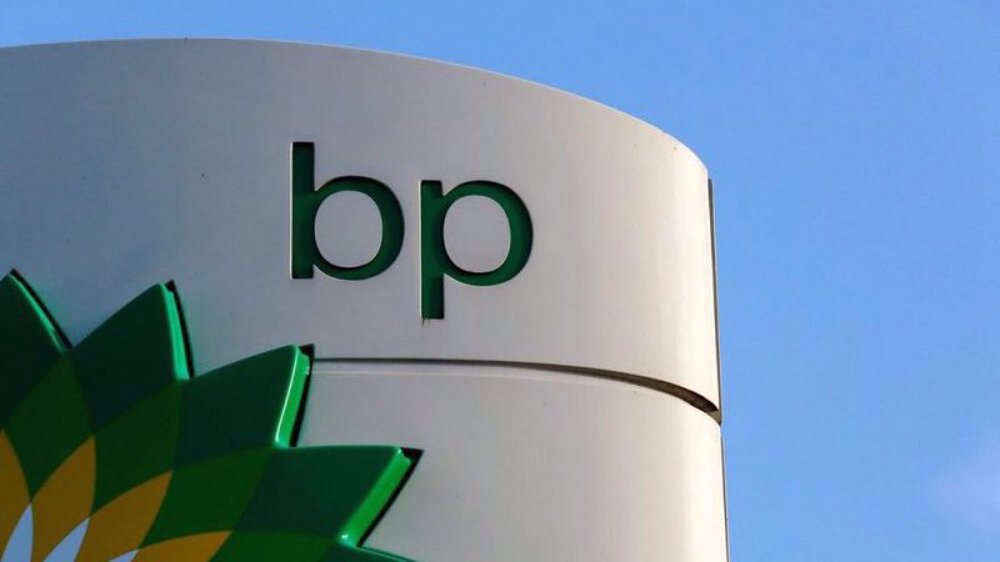
BP to be sued in Britain for supplying oil to Israel
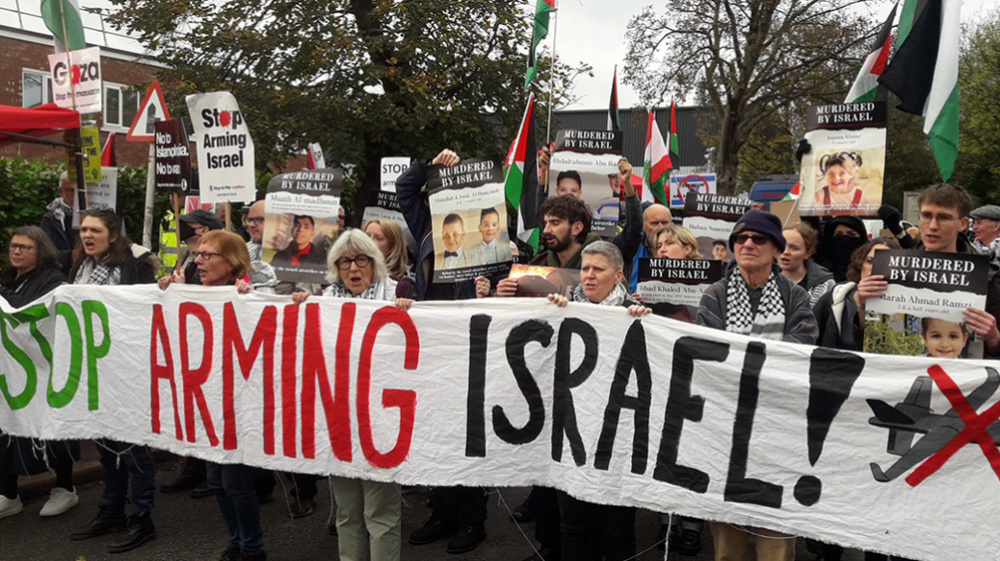
UK’s Barclays divests from weapons company Elbit, deals new blow to Israel
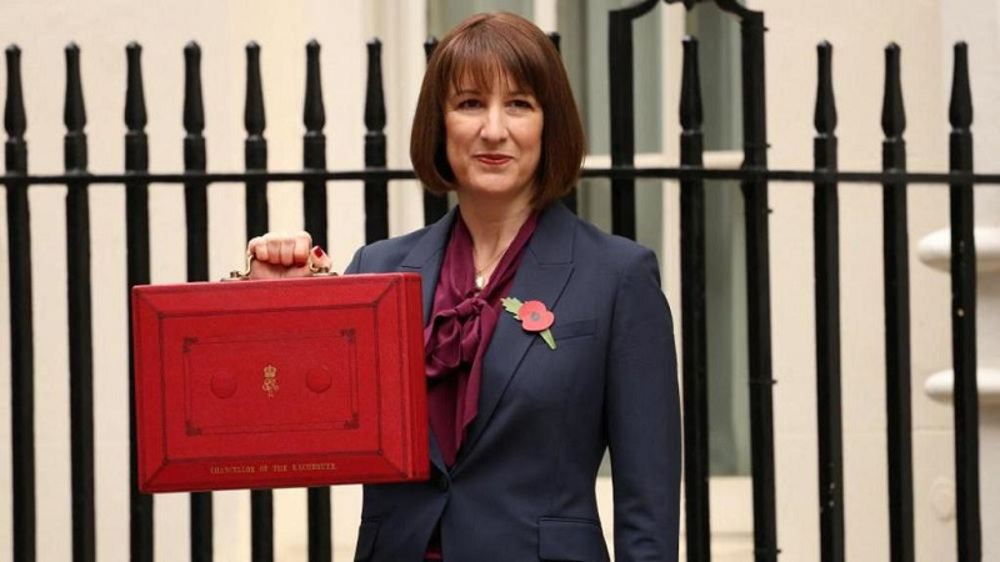
New British government announces painful first budget
Israel’s massacres won’t grant it ‘legitimacy’: Hamas on 31st anniversary of Ibrahimi Mosque tragedy
French leader decries ‘unprecedented diplomatic scandal’ after Israel bars European MPs
VIDEO | Washington’s failed projects
VIDEO | Islamabad exhibition exposes Israeli atrocities in Gaza
Trump rescinds arms sales regulation in favor of Israel, sources say
Iran’s president vows to accelerate cooperation with Russia
Palestinian says Israeli jailers poured acid on him during interrogation
Iran, Turkmenistan seek increased cargo transit via railways


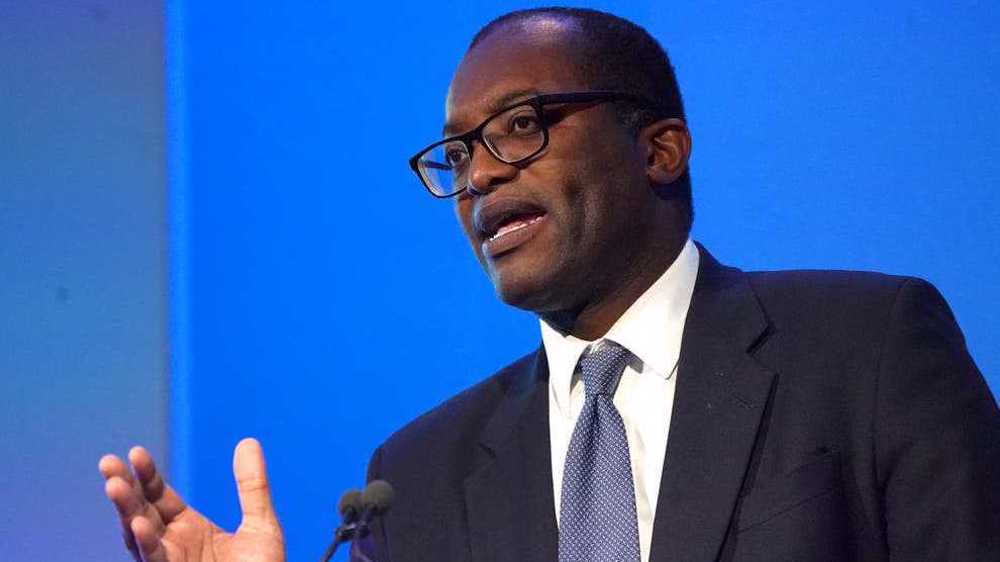




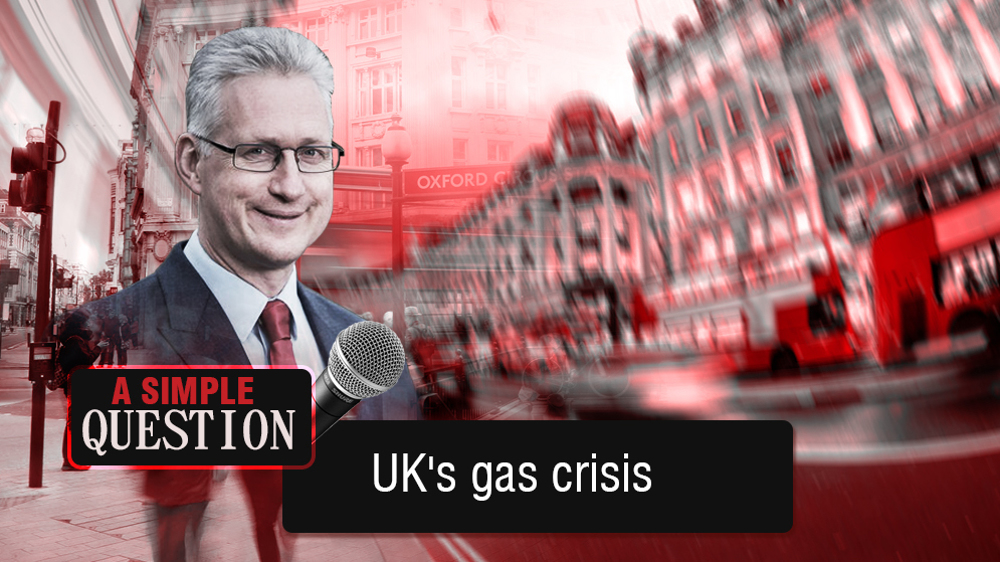
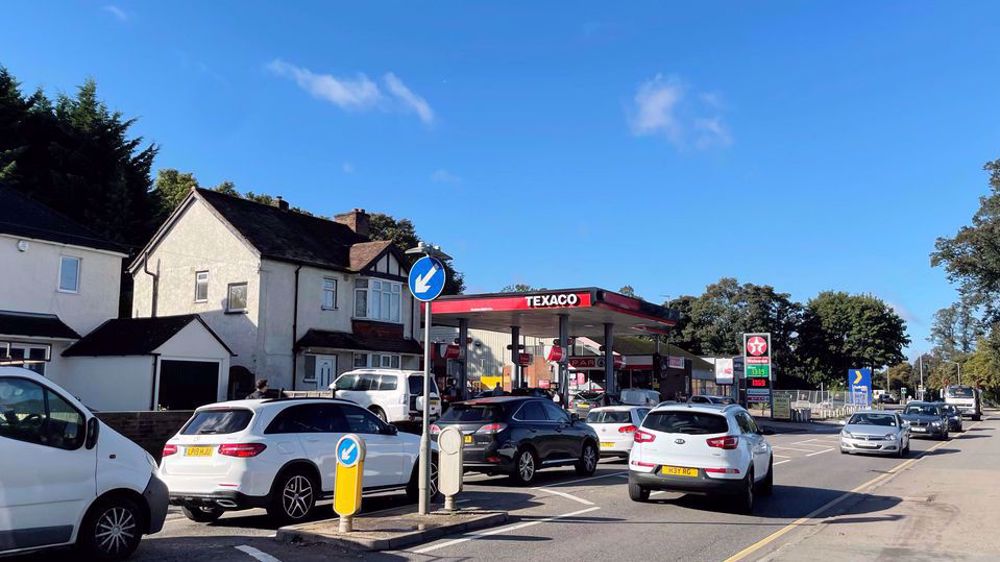

 This makes it easy to access the Press TV website
This makes it easy to access the Press TV website